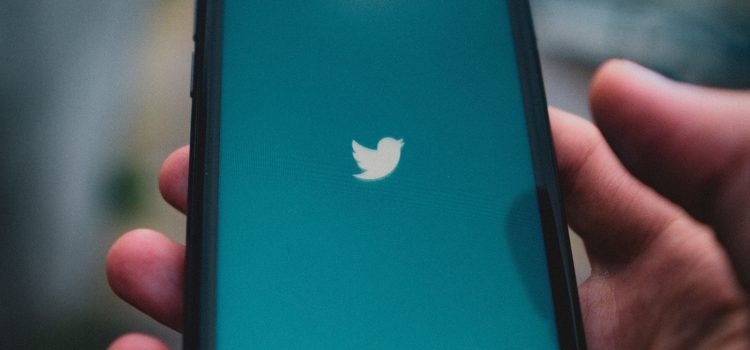
Twitter has become a vital tool for individuals and businesses to connect with their audiences, but the platform’s verification process has been the subject of much debate. Recently, Elon Musk sparked controversy by suggesting that verified accounts should come at a cost of $8 per month. While some argue this move would help prevent fake accounts and spam, others argue it could create an unfair advantage for those who can afford it. So, should verified Twitter accounts come at a cost? Let’s dive into the discussion and explore both sides of the argument.
What is the Twitter Debate?
The Twitter debate refers to the ongoing discussion about whether or not verified accounts should come with a cost. This debate was sparked by Tesla CEO Elon Musk’s recent announcement that he would be charging a $2.50 fee for verified accounts on his new social media platform, Neuralink. This fee has drawn scrutiny from many users, who argue that it creates a barrier to entry for those who can’t afford to pay it. Others argue that the fee is necessary in order to prevent spam and bot accounts from cluttering up the platform.
The Pros and Cons of a Verified Account
When it comes to verified accounts on Twitter, there are pros and cons to consider. On the one hand, verified accounts can add an extra layer of authenticity and trustworthiness to a user’s tweets. This can be especially valuable for public figures, brands, and businesses who want to ensure that their messages are being seen by the right people. On the other hand, some people argue that charging a fee for verified accounts creates an unfair barrier to entry, and that the verification process itself is opaque and prone to abuse.
What do you think? Should verified accounts come at a cost? Let us know in the comments!
Musk’s $8 Fee Draws Scrutiny
Twitter has been a hotbed of debate lately, with one of the most pressing issues being whether or not verified accounts should come at a cost. This all started when Tesla and SpaceX CEO Elon Musk announced that he would be charging $8 for verified accounts on his new social media platform, called “Vero”.
This announcement was met with a great deal of scrutiny, with many people arguing that this fee would only serve to further stratify Twitter’s userbase. After all, not everyone can afford to pay $8 just to have a verified account – so what does that say about Twitter’s commitment to inclusivity?
Others argue that there’s nothing wrong with charging a fee for verified accounts, as it could actually help to deter bots and fake accounts from cluttering up the platform. Plus, the revenue generated could be used to fund other important projects (such as combating online harassment).
At the end of the day, it’s up to Twitter to decide what they want to do about verified accounts. But it’s clear that this is an issue that isn’t going away anytime soon.
How to get a Verified Account
There are a few requirements you must meet before Twitter will verify your account:
Your account must be active and have a profile photo, header photo, and biography.
You must have a confirmed email address and phone number associated with your Twitter account.
You must tweets set as public.
Your account should be notable and have a good reputation.
Twitter will not verify accounts that are trying to evade suspensions or are in violation of Twitter’s Terms of Service or rules.
If you meet all the requirements, you can submit a request for verification through Twitter’s online form. Be prepared to provide some documentation to support your request, such as links to articles about you or your work, or a government-issued ID.
Twitter’s Verification Process
Twitter’s verification process has come under scrutiny in recent months, with some users accusing the company of bias and elitism.
In December, Tesla CEO Elon Musk sparked controversy when he suggested that Twitter should charge users for verified accounts. “I’m thinking about making a website where you can vote on issues and elect representatives,” Musk wrote. “Twitter could do this easily.”
Musk’s proposal was met with criticism from many users, who accused him of being out of touch with the average person. Some also pointed out that Twitter already charges businesses and celebrities for promoted tweets and other forms of advertising.
Twitter has not commented on Musk’s proposal, but the company has been working to make its verification process more transparent. In November, Twitter announced that it would start verifying accounts that are considered “of public interest.” The move was seen as a way to combat abuse and harassment on the platform.
To be eligible for verification, an account must meet certain criteria, including:
– Being active for at least six months
– Having a profile picture and header photo
– A bio that clearly states who the user is and what they do
– A link to an official website or blog
Conclusion
The Twitter debate surrounding the cost of verified accounts has been reignited in light of Elon Musk’s $8 fee proposal. It is clear that this increasingly popular platform must walk a fine line between protecting its users and enabling financial gain for those who are willing to pay for additional services. Ultimately, it will be up to Twitter to decide the future of their verification system and whether or not users should have access to verified account privileges at a reduced cost or if such benefits should come with an associated fee.










